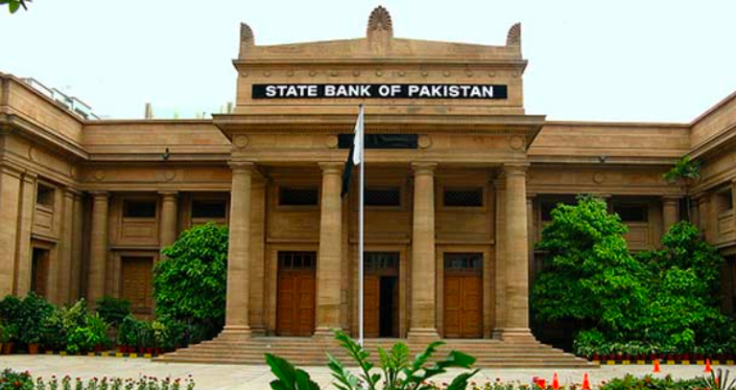Pakistan Central Bank's Five-Year Plan 'Will Drive Asset Growth' in Islamic Finance

The five-year strategic plan of the State Bank of Pakistan, Pakistan's central bank, will drive strong asset growth in the Islamic finance sector given the high demand from the domestic population, Moody's Investors Service has said.
The SBP plan is to promote Islamic banking services and target a 15% share of banking system assets for the sector by 2018, up from around 10% as of December 2013.
"We believe that this strategic initiative will lead to strong growth and consolidation in the sector, given the relatively small size of market participants and capital bases needed to support growth," says Khalid Howladar, Moody's global head of Islamic finance.
With annual growth rates above 30% between 2009 and 2013, Islamic banking in Pakistan is growing rapidly, Moody's noted.
While most of this growth has been generated by the dedicated Islamic banks, most of the country's largest conventional banks have announced expansion plans targeting the fast growing Islamic sector, the rating agency said.
The National Bank of Pakistan will convert around 6% of conventional branches into Islamic-banking branches over the next two years.
In April, MCB Bank Limited aborted efforts to buy a majority stake in small local Islamic bank Burj Bank, and is instead setting up its own Islamic banking subsidiary. Allied Bank Limited has also launched Islamic banking operations in 2014 throughout branches.
"We believe that the push for Islamic banking services will help to expand overall banking system penetration, which is currently low in Pakistan" says Melina Skouridou, Moody's analyst for Pakistani banks.
Nevertheless, Moody's also notes risks associated with such high growth rates, as they will pressure underwriting and the risk management infrastructure.
"Although the asset quality of Islamic banking is currently better than that of conventional banking — with a non-performing financing ratio of 5.7% as of end-2013 versus 13% for conventional banking — the high rate of financing growth may eventually lead to higher delinquency ratios in the absence of a prudent approach to expansion", adds Skouridou.
According to the regulator's mandates, the banks will also need to establish separate departments to manage risk, auditing, treasury activities and other support functions for their Islamic operations, which will pressure the banks' infrastructure.
© Copyright IBTimes 2025. All rights reserved.






















